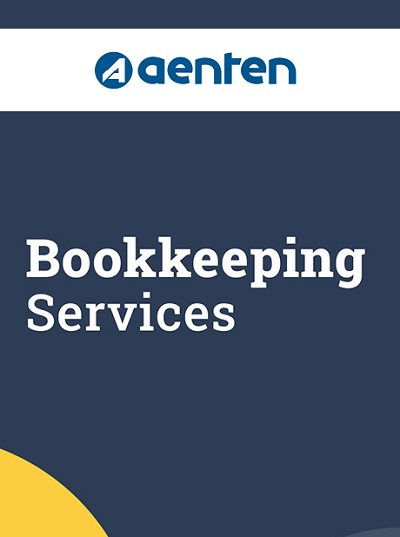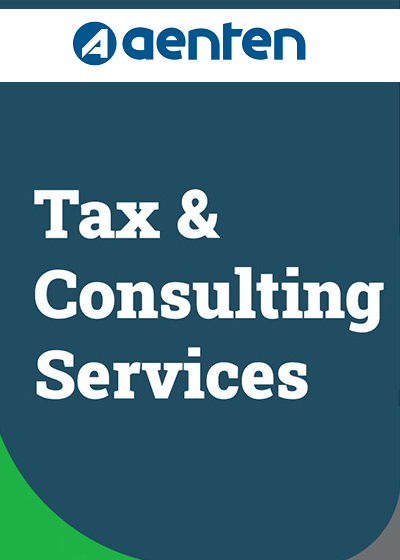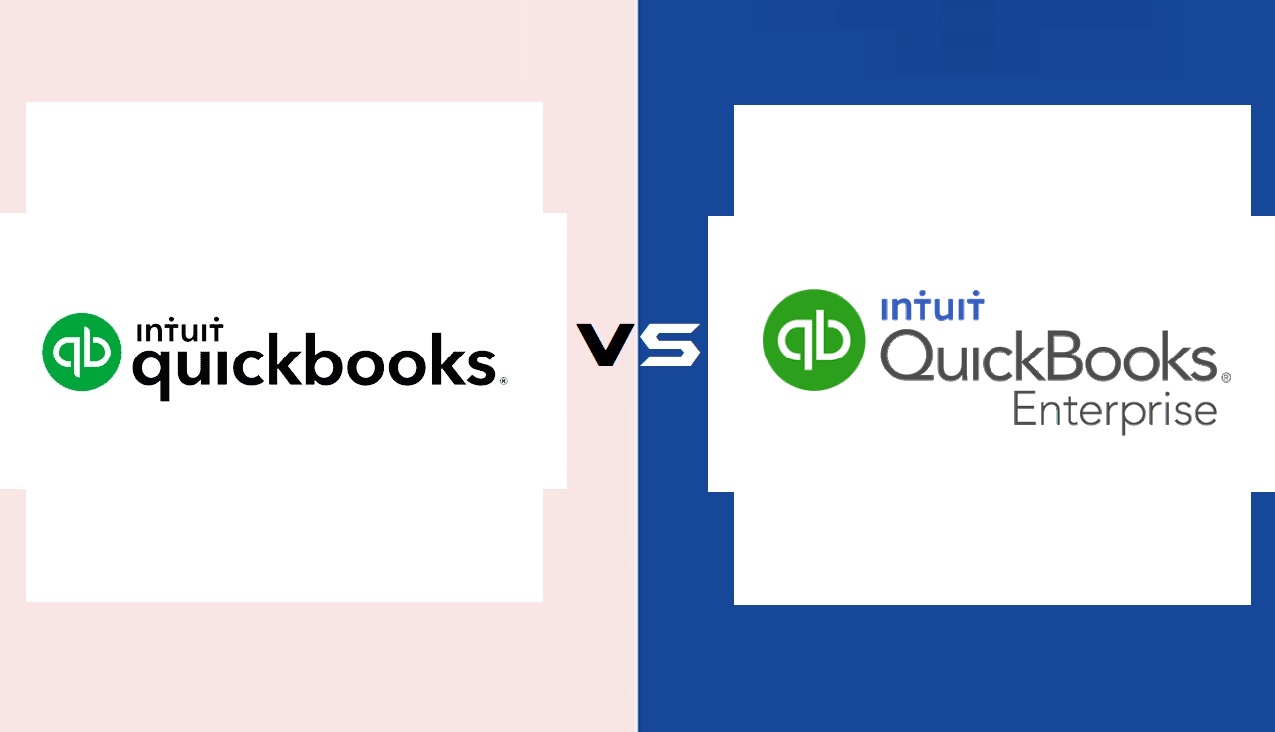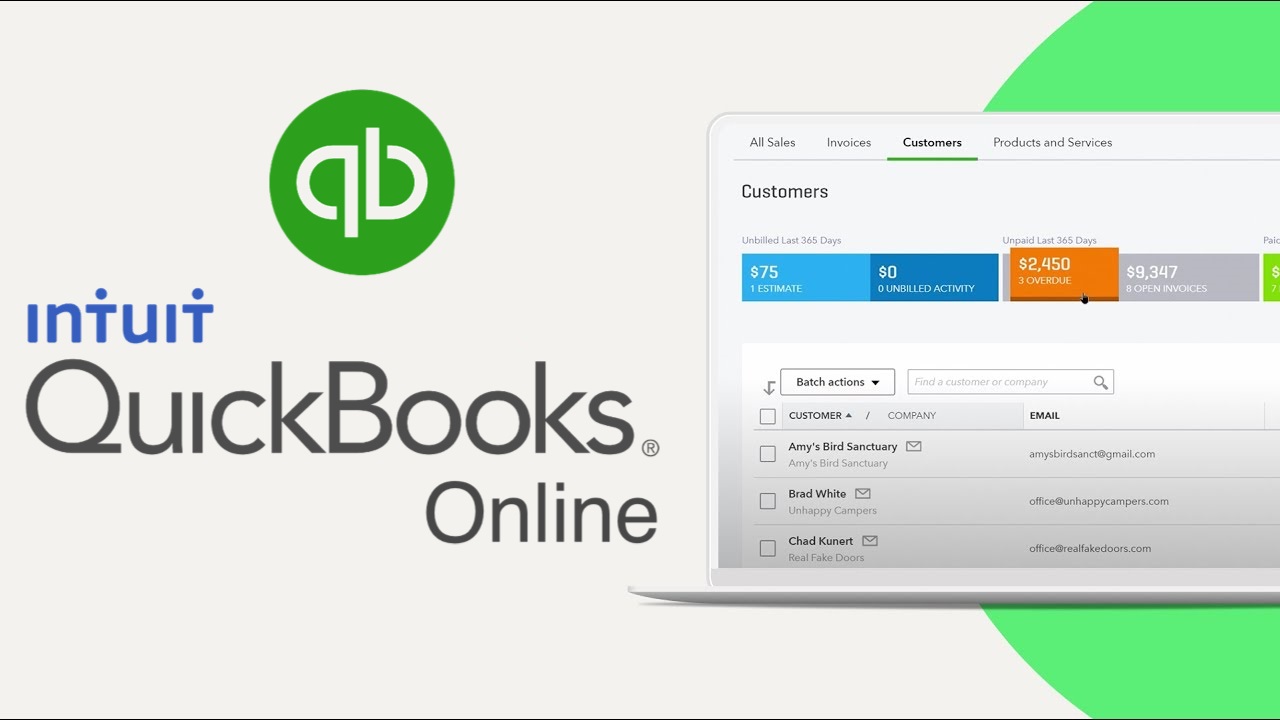In the United States, businesses can deduct various expenses from their taxable income to reduce their tax liability. These deductions are commonly referred to as write-offs. Some of these deductions are well-known, while others are less well-known but can still result in significant savings for businesses. In this essay, we will discuss 20 of the most significant tax deductions available to businesses in the United States.

1. Business Use of Home:
If you use a part of your home exclusively and regularly for business purposes, you may be able to deduct a portion of your mortgage or rent, utilities, insurance, and property taxes. To qualify for this deduction, the part of your home used for business must be your principal place of business or where you meet with clients, customers, or patients.
The amount you can deduct depends on the percentage of your home that is used for business purposes. For example, if 20% of your home is used for business purposes, you can deduct 20% of your mortgage or rent, utilities, insurance, and property taxes.
2. Business Vehicle Expenses:
If you use a vehicle for business purposes, you may be able to deduct expenses such as fuel, maintenance, insurance, and depreciation. You can deduct these expenses either by using the actual expense method or the standard mileage rate method.
Under the actual expense method, you deduct the actual expenses of using your vehicle for business purposes. Under the standard mileage rate method, you deduct a standard rate per mile driven for business purposes. For tax year 2022, the standard mileage rate is 58.5 cents per mile.
3. Travel Expenses:
If you travel for business purposes, you may be able to deduct expenses such as airfare, lodging, meals, and transportation. To qualify for this deduction, your travel must be primarily for business purposes.
You cannot deduct travel expenses that are primarily for personal purposes, such as a vacation that includes some business activities. You can only deduct the portion of your travel expenses that are directly related to your business activities.
4. Employee Wages and Benefits:
You can deduct wages, salaries, bonuses, and other compensation paid to employees, as well as their benefits such as health insurance, retirement plans, and education assistance. You can also deduct expenses related to hiring and training employees.
To qualify for this deduction, the expenses must be ordinary and necessary for your business. This means that the expenses must be common and accepted in your industry and must be helpful and appropriate for your business.
5. Business Insurance:
You may be able to deduct premiums paid for liability, property, and other types of insurance. You can also deduct expenses related to the administration of your insurance policies.
To qualify for this deduction, the insurance must be related to your business activities. You cannot deduct insurance premiums for personal insurance, such as health insurance or life insurance.
6. Office Supplies and Equipment:
You can deduct expenses for items such as pens, paper, toner, and computers that are used for business purposes. You can also deduct expenses related to the maintenance and repair of these items.
To qualify for this deduction, the supplies and equipment must be used for business purposes. You cannot deduct expenses for personal use items, such as a computer that you also use for personal purposes.
7. Rent or Lease Expenses:
If you rent or lease office space or equipment for business purposes, you may be able to deduct those expenses. To qualify for this deduction, the rent or lease must be related to your business activities.
You cannot deduct expenses for personal rent or lease agreements, such as a rental property that you use for personal purposes.
8. Depreciation:
You can deduct a portion of the cost of assets used in your business over time, such as buildings, equipment, and vehicles. This deduction is called depreciation.
To qualify for this deduction, the assets must have a useful life of more than one year and must be used for business purposes. The amount of depreciation you can deduct each year depends on the type of asset and its useful life.
9. Charitable Contributions:
You can deduct donations made to qualified charitable organizations as a business expense. To qualify for this deduction, the donations must be made to a qualified organization and must be made for a business purpose.
For example, if your business donates to a local charity as part of a marketing campaign, you can deduct the donation as a business expense. However, if you donate to a charity for personal reasons, you cannot deduct the donation as a business expense.
10. Advertising and Marketing:
You can deduct expenses related to advertising and marketing your business, such as print and online ads, billboards, and direct mail campaigns. To qualify for this deduction, the advertising and marketing must be related to your business activities.
11. Legal and Professional Services:
You can deduct expenses for legal and professional services (Accounting & Bookkeeping Services ) related to your business, such as accounting and consulting fees. To qualify for this deduction, the services must be ordinary and necessary for your business.
12. Interest:
You can deduct interest paid on loans used for business purposes, such as business credit cards, lines of credit, and business loans. To qualify for this deduction, the loans must be used for business purposes.
13. Education and Training:
You can deduct expenses related to education and training that are necessary to maintain or improve your skills in your current business. To qualify for this deduction, the education and training must be related to your business activities.
14. Retirement Plans:
You can deduct contributions made to retirement plans for yourself and your employees, such as 401(k) plans, SEP plans, and SIMPLE plans. To qualify for this deduction, the contributions must be made for business purposes.
15. Taxes:
You can deduct various taxes paid as a business expense, such as state and local income taxes, property taxes, and sales taxes. To qualify for this deduction, the taxes must be related to your business activities.
16. Repairs and Maintenance:
You can deduct expenses for repairs and maintenance to your business property, such as buildings, equipment, and vehicles. To qualify for this deduction, the repairs and maintenance must be ordinary and necessary for your business.
17. Bad Debts:
If you have outstanding accounts receivable that are unlikely to be paid, you may be able to deduct them as bad debts. To qualify for this deduction, the debts must be related to your business activities and must be considered uncollectible.
18. Business Losses:
If your business experiences a loss in a given tax year, you may be able to deduct that loss as a business expense. To qualify for this deduction, the loss must be related to your business activities.
19. Research and Development:
You can deduct expenses related to research and development that are intended to create new or improve existing products, processes, or technologies. To qualify for this deduction, the research and development must be related to your business activities.
20. Start-Up Expenses:
You can deduct expenses related to starting your business, such as legal fees, market research, and advertising. To qualify for this deduction, the expenses must be incurred before your business begins operating.
Also Read : How Much Does Hiring a CPA Cost?
Conclusion:
As you can see, there are many tax deductions available to businesses in the United States. By taking advantage of these deductions, you can reduce your tax liability and keep more of your hard-earned money. However, it’s important to keep accurate records and consult with Aenten tax professional to ensure that you are taking all of the deductions to which you are entitled.




